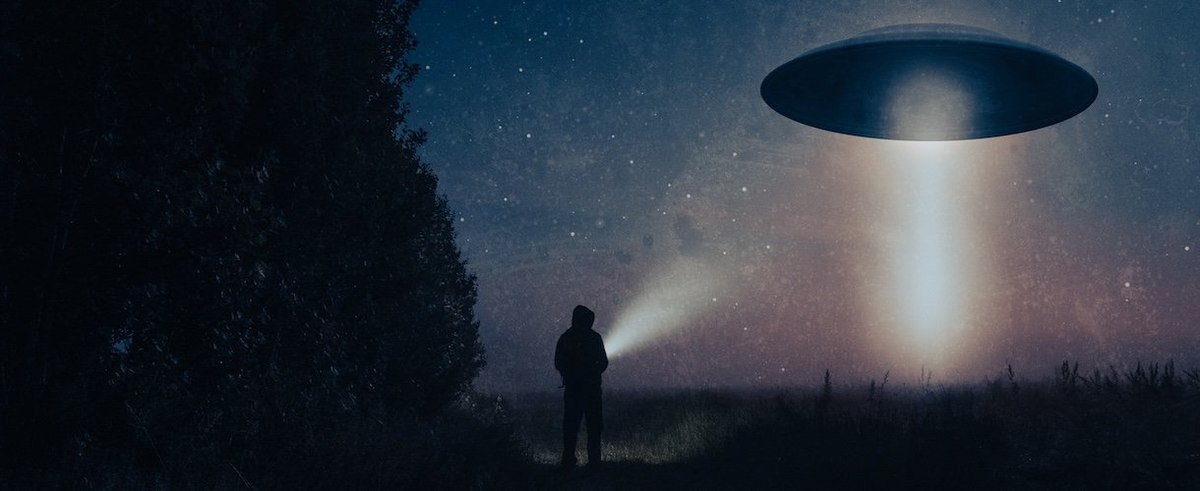More than 60% of Americans believe the U.S. government is concealing information about Unidentified Flying Objects (UFOs), despite a recent Pentagon report claiming no signs of alien life.
Only 11% of Americans say the U.S. government has told the public everything it knows about UFOs.
The belief that the U.S. government knows more about UFOs than it's telling the public is common, including among Democrats, Independents, and Republicans, as well as among people with and without college degrees. Even Americans who are say there's no intelligent life on other planets are twice as likely to think the government is hiding UFO information than that it's been transparent.
The Pentagon report, which had been ordered by Congress, concluded that "most sightings were ordinary objects and phenomena and the result of misidentification."
Americans aren't so sure. Just one in three say they believe the Pentagon's report.
32% of U.S. adult citizens say UFOs are "always the result of human or natural activity from Earth," while another 32% say they "might sometimes be the result of alien spacecrafts visiting Earth."
The belief that some UFOs might be aliens is somewhat more common among people without college degrees, people in rural areas, and Republicans. People with college degrees and people living in suburbs are more likely to say UFOs have Earth-based explanations.
Whether or not alien spacecraft are visiting Earth, most Americans think there is either probably or definitely intelligent life on other planets, somewhere in the universe. This belief is more common among men than women, but equally likely among Americans with and without college degrees.
But most Americans say they personally have not seen a UFO. Overall, 69% say they have not seen anything they thought was a UFO, while 18% say they have.
People who believe aliens exist are more likely to say they've seen a UFO than people who don't think there's intelligent life on other planets. But even among Americans who believe aliens definitely exist, twice as many say they haven't seen a UFO than say they have.
— Kathy Frankovic and Taylor Orth contributed to this article
See the toplines and crosstabs from the Economist/YouGov poll conducted on March 10 - 12, 2024 among 1,559 U.S. adult citizens.
Methodology: Respondents were selected from YouGov’s opt-in panel using sample matching. A random sample (stratified by gender, age, race, education, geographic region, and voter registration) was selected from the 2019 American Community Survey. The sample was weighted according to gender, age, race, education, 2020 election turnout and presidential vote, baseline party identification, and current voter registration status. Demographic weighting targets come from the 2019 American Community Survey. Baseline party identification is the respondent’s most recent answer given prior to November 1, 2022, and is weighted to the estimated distribution at that time (33% Democratic, 31% Republican). The margin of error for the overall sample is approximately 3%.
Image: Getty (David Wall)











